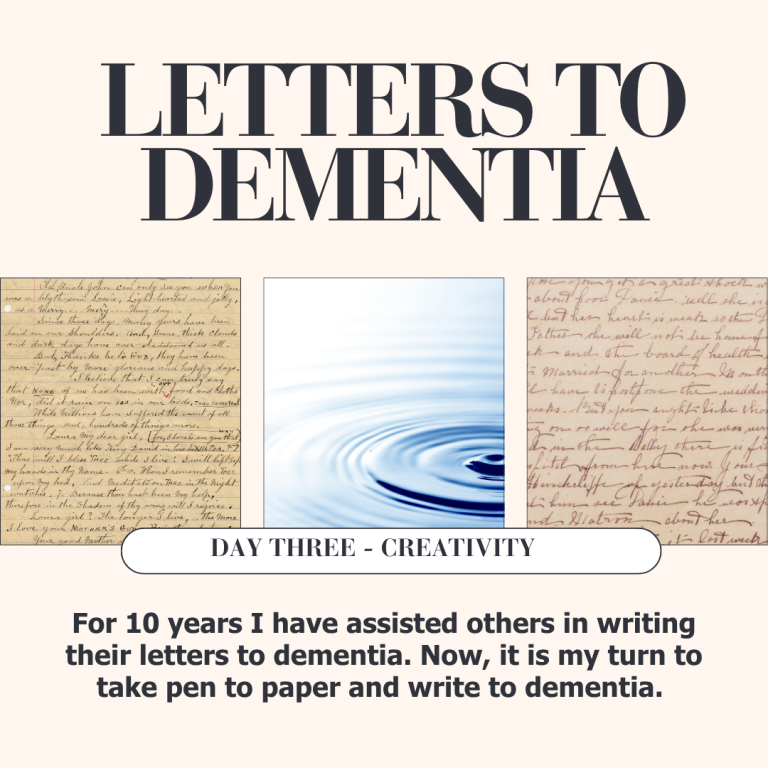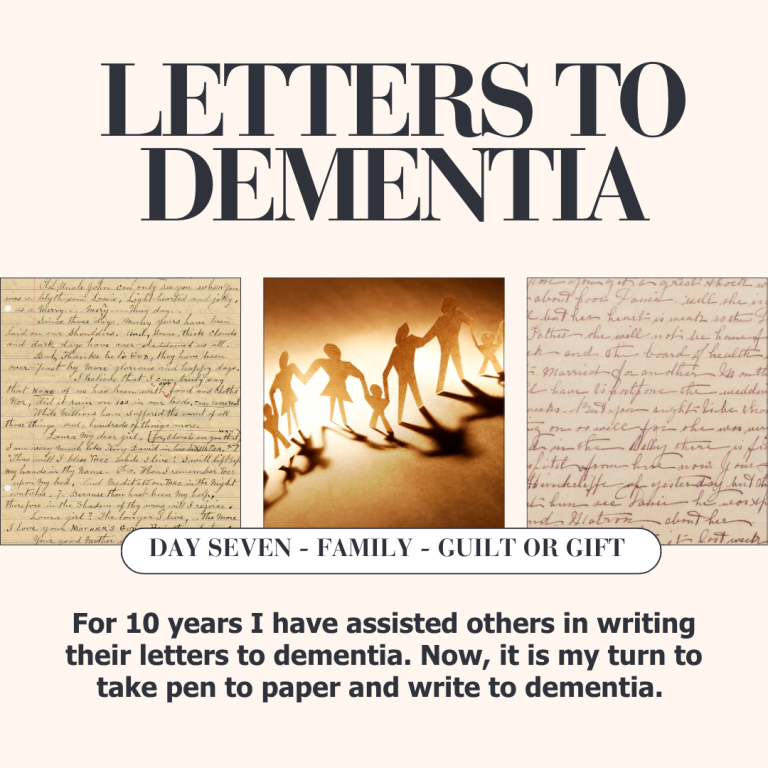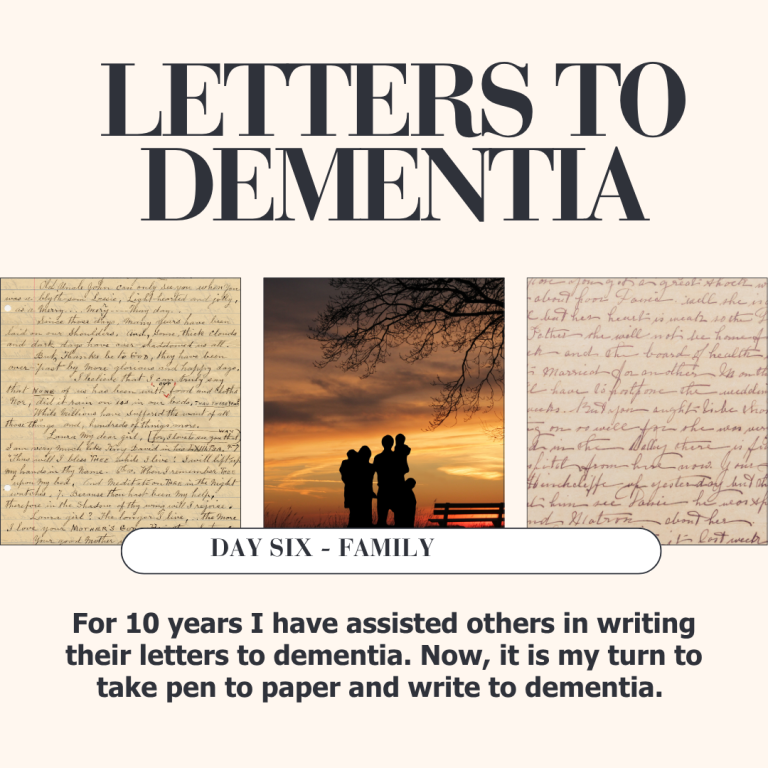We have many addictions in the dementia narrative. Addictions, that, like all addictions, lead to destruction and disaster. In our storytelling, in the trends of the greater society, in our own fears, we live out these addictions, and it is my invitation now, to find ways to overcome, heal, and create a fuller narrative of our humanity.
What are these addictions you ask?
We are addicted to the doom and gloom.
We can’t help ourselves. We sermonize with a tone of wrath about what dementia means to anyone who happens to find themselves on this journey. We mock those who speak of joy. We think anyone who is living a quality life does not truly have dementia. Our journalists, our filmmakers, our children’s book authors, our doctors and clinicians, our researchers, our neighbors. Our selves. We speak only in negative terms about the framework of dementia. All of this goes on while research and experience tell us that a positive outlook on life is great medicine for growing older. All of this goes on as personal experience tells us we can and do still enjoy life while walking this dementia journey.
We are addicted to research and seek approval in all that we do.
We have put blinders up, only doing that which research graces with its “magical wand.” We have diminished the importance of human connection, intuition, and of creativity. Research is good, needed, and impactful, but it should never stand on the 1st place podium. If something works, and it is not causing harm, do it! Don’t nix it from a program calendar because research is not backing it. Research is never perfect, never one size fits all, and never the final say. Research should be a point on the web of creativity, not the giant casting its shadow over it.
We are addicted to age.
We like to blame so much on age and gender. It has become a scapegoat. We point fingers, call names, and shout, sometimes violently about how age is preventing this or that, or the reason something didn’t work. Age and gender are not that powerful. They can be stumbling blocks at times, but why do we insist on giving them any power? Embrace the reality of the two, then create with limitless imagination within that reality. In our “color outside the lines” culture we have created, we have forgotten about the beauty and power of creating within the lines using innovative methods, colors, and materials.
We are addicted to certifications and degrees.
Oh, the high and mighty letters that follow one’s name. I have stopped sharing mine because it doesn’t matter. On a scale of all the knowledge and skillsets I have developed and gained in my short 20 years of accompanying those living with dementia (12 of those from a professional role), I have gained only about 2% of knowledge from the endless list of certifications and degrees I have earned. It is meaningless in moments when the rubber meets the road.
We are addicted to our obsession with language.
I can still clearly hear that recess rhyme, “sticks and stones may break my bones but words will never hurt me.” In recent years language has been seen as a weapon. And surely it can do harm, such as the repeated phrases we say to ourselves in the mirror about who we are or are not, or the constant shaming from a parent or peer. But we have lost our resiliency and turned language into an atomic bomb wiping out any hope for conversation, dialogue, and growth. Every word seems to be loaded these days, in a time when we don’t have that luxury. We need to be bold and daring in our conversations, unfazed by political correctness or language trends, focusing on the intention. Language is an uphill battle, and there are some phrases and words I detest (“Alzheimer’s and related Dementias” being one of them) but that is not where my gaze is set. Instead, let us look toward the work before us, not the way we talk about that work.



